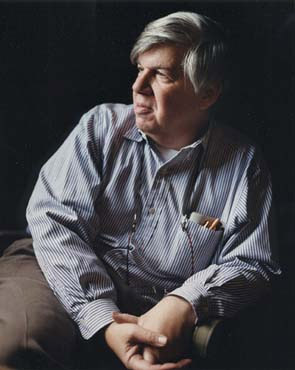I Have Landed
The End of a Beginning in Natural History
2002
Here is bestselling scientist Stephen Jay Gould's tenth and final collection based on his remarkable series for Natural History magazine—exactly 300 consecutive essays, with never a month missed, published from 1974 to 2001. Both an intellectually thrilling journey into the nature of scientific discovery and the most personal book he has ever published, I Have Landed marks the end of a significant chapter in the career of one of the most acclaimed and widely read scientists of our time.
Gould writes about the themes that have defined his career, which his readers have come to expect and celebrate, casting new light upon them and conveying the ideas that science professionals exchange among themselves (minus the technical jargon). Here, of course, is Charles Darwin, from his centrality to any sound scientific education to little-known facts about his life. Gould touches on subjects as far-reaching and disparate as feathered dinosaurs, the scourge of syphilis and the frustration of the man who identified it, and Freud's "evolutionary fantasy." He writes brilliantly of Nabokov's delicately crafted drawings of butterflies and the true meaning of biological diversity. And in the poignant title essay, he details his grandfather's journey from Hungary to America, where he arrived on September 11, 1901. It is from his grandfather's journal entry of that day, stating simply "I have landed," that the book's title was drawn. This landing occurred 100 years to the day before our greatest recent tragedy, also explored, but with optimism, in the concluding section of the book.
Presented in eight parts, I Have Landed begins with a remembrance of a moment of wonder from childhood. In Part II, Gould explains that humanistic disciplines are not antithetical to theoretical or applied sciences. Rather, they often share a commonality of method and motivation, with great potential to enhance the achievements of each other, an assertion perfectly supported by essays on such notables as Nabokov and Frederic Church.
Part III contains what no Gould collection would be complete without: his always compelling "mini intellectual biographies," which render each subject and his work deserving of reevaluation and renewed significance. In this collection of figures compelling and strange, Gould exercises one of his greatest strengths, the ability to reveal a significant scientific concept through a finely crafted and sympathetic portrait of the person behind the science. Turning his pen to three key figures—Sigmund Freud, Isabelle Duncan, and E. Ray Lankester, the latter an unlikely attendee of the funeral of Karl Marx—he highlights the effect of the Darwinian revolution and its resonance on their lives and work.
Part IV encourages the reader—through what Gould calls "intellectual paleontology"—to consider scientific theories of the sixteenth and seventeenth centuries in a new light and to recognize the limitations our own place in history may impose on our understanding of those ideas. Part V explores the op-ed genre and includes two essays with differing linguistic formats, which address the continual tug-of-war between the study of evolution and creationism.
In subsequent essays, in true Gould fashion, we are treated to moments of good humor, especially when he leads us to topics that bring him obvious delight, such as Dorothy Sayers novels and his enduring love of baseball and all its dramas. There is an ardent admiration of the topsy-turvy world of Gilbert and Sullivan (wonderfully demonstrated in the jacket illustration), who are not above inclusion in all things evolutionary.
This is truly Gould's most personal work to date. How fitting that this final collection should be his most revealing and, in content, the one that reflects most clearly the complexity, breadth of knowledge, and optimism that characterize Gould himself. I Have Landed succeeds in reinforcing Gould's underlying and constant theme from the series' commencement thirty years ago—the study of our own scientific, intellectual, and emotional evolution—bringing reader and author alike to what can only be described as a brilliantly written and very natural conclusion. "From the Hardcover edition."












